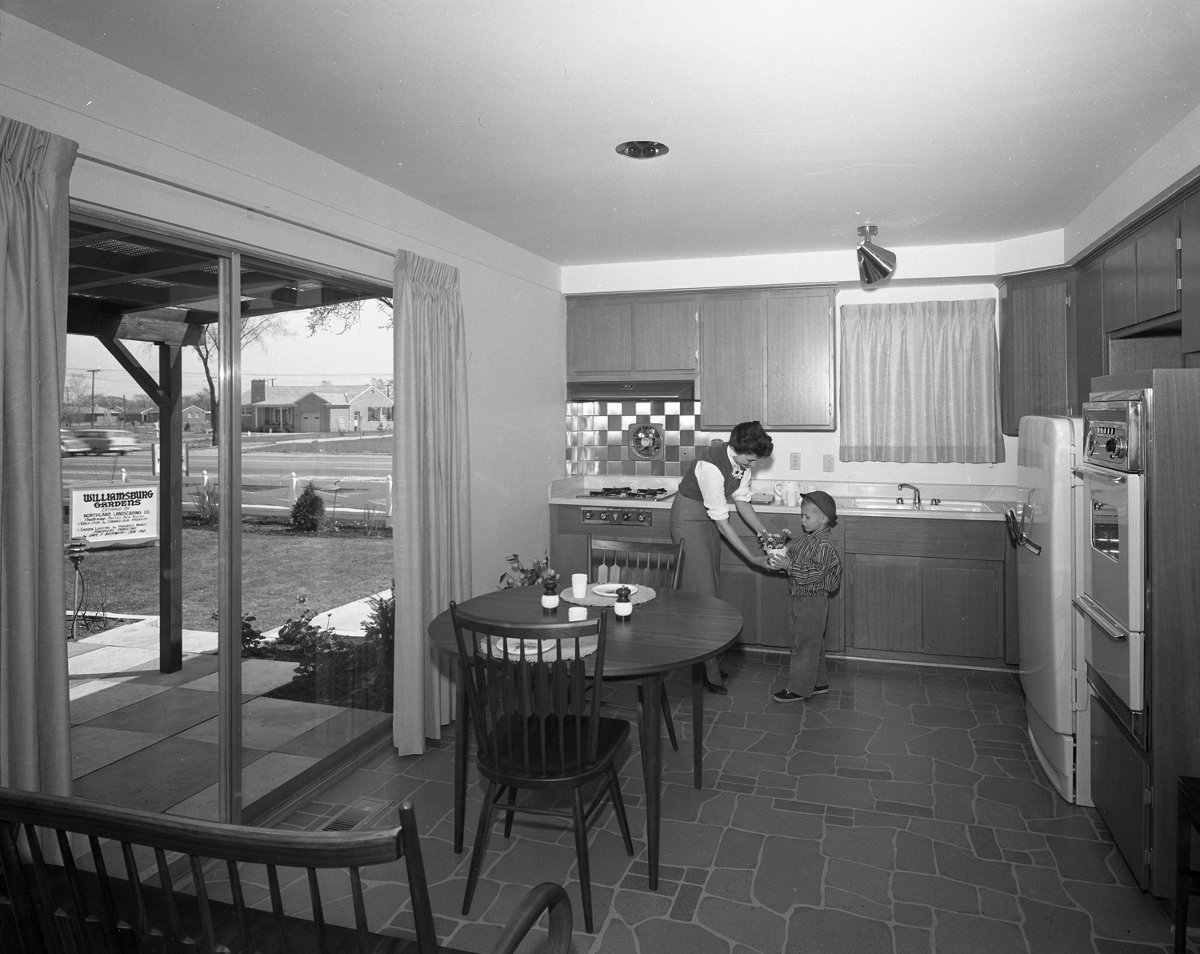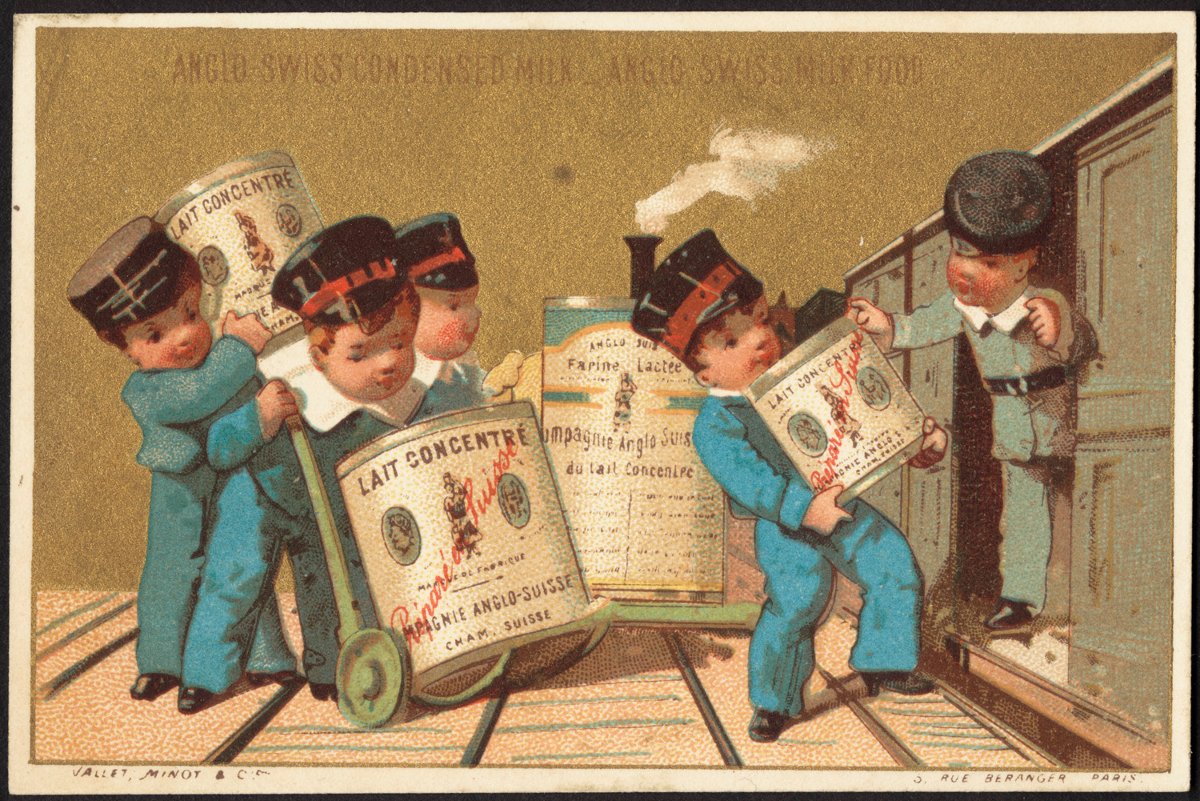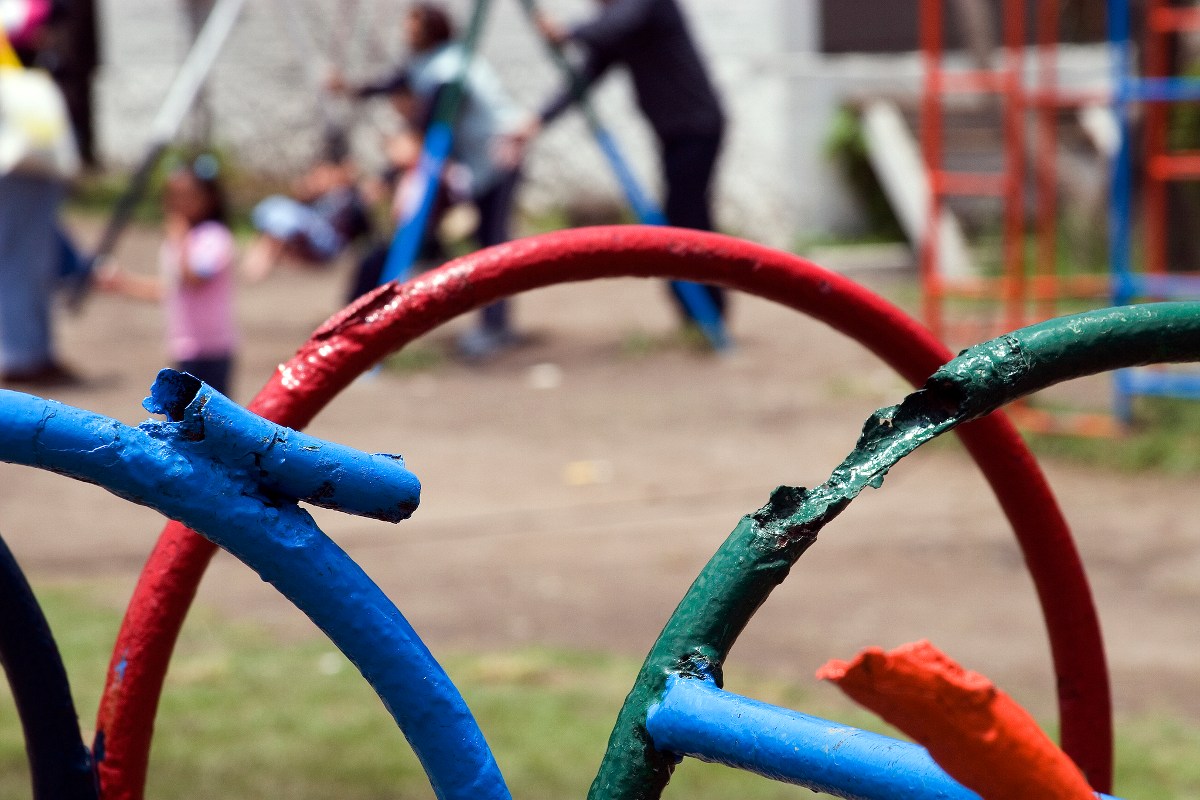When I was a kid growing up in the ’50s and ’60s, I experienced what it felt like to be raised by a village.
The whole neighborhood had an open door policy. I could freely and fearlessly walk into any house—the doors were always unlocked—and just hang out.

Wherever we happened to be playing, the parents acted more like resources than cops.
Any parent would take disciplinary action when needed with the full support of other parents. We looked out for each other.
In today’s world of helicopter parents, many children are so suffocated by surveillance and scrutiny that they barely have a chance to experience the thrill of bonding by exploring unsupervised freedoms.
They are looked out for and are looked after by a gaggle of tutors, coaches, nannies and aides.
I know it’s a dangerous world, but it seems to me like too much “safety” can be hazardous to your health.
Yes, I’m talking about privileged communities here. Less affluent parents often have an opposite problem—they are so consumed with paying the bills on minimum wages that they barely have time or energy to attend and respond to their children’s needs. The kids learn to take care of themselves…or not.
I’m exaggerating points here to set up my main premise for this post. We are moving from interdependence and institutionalism to individualism. Depending on parenting style, skills, and resources kids either learn to be dependent, competitive, or independent. What they need, and few are getting, is how to be collaborative and interdependent. Being collaborative requires compassionate and constructive openness. Being interdependent means taking the initiative to help others succeed. Much depends on the “village” in which they live and the parenting they receive.
While this post is focused on parenting for interdependence, it’s important to point out that many families and kids are failing not because of a lack of personal responsibility but because there is a shameful lack of social responsibility.
That’s a completely different issue. I would recommend reading Nicholas Kristof for a deeper understanding.
Here are four distinctions of parents who help their kids become more collaborative and interdependent regardless of socio-economic status:
1. From manipulation to molding

People in power have historically manipulated the masses for purposes of power and control. Parents are also in a huge position of power in relation to their kids.
That phenomenon is exacerbated by new technologies which enable big corporations to manipulate kids to buy their products through targeted marketing and enable parents to monitor their kid’s every move. Molding, on the other hand, means developing character through effective role modeling. To me, real character comes from thinking about other people as much as or more so than yourself. It’s having a mission beyond yourself.
Parents need to be aware of how kids are being manipulated by themselves or others and look for opportunities to mold their character.
I was lucky enough to have parents who not only freed and supported me, but also demanded honesty and decency. They served as wonderful role models for strong character molding.
2. From staging to shaping
So much these days is more about appearance than substance.
People seem more worried about having a big stage or pretending to be something they are not than really shaping their respective cultures to support substantive solutions.
Parents need to worry less about setting the stage for their kids and worry more about providing experiences that shape their character.
My parents were not “big stage” people. They preferred working in the background to help people in any way they could. I will always remember the patient and deep listening my parents demonstrated whenever guests came to the house. They discouraged seeking center stage and preferred shaping my behavior more quietly.
3. From branding to building
Personal branding is big business now.
Executive coaches teach people how to create and promote their unique brand. Parents need to be concerned about their kids’ particular brand AND help them build the skills they need to be successful. While I never heard the term “personal branding” when I was growing up, my parents had strong brands in the community. My mother’s brand was to be helpful, caring, and giving. She loved nothing more than to cook for family, friends, neighbors and anyone else I may show up with.
My dad’s brand was responsibility, ingenuity, and responsiveness. He invented the first aluminum 2×4’s and built the first house with them.
He even built me a go-cart (really a mini-car) from scratch. He never borrowed anything without returning it in better shape than he received it. He listened well and always responded to his customers’ and kids’ wants and needs. Both of my parents were more concerned with building than branding.
4. From power to purpose
Acquiring and holding onto power drives people to make decisions that protect their status.
Privatized motives result in selfish behavior. Having a larger purpose motivates people to act for the common good.
Parents can encourage kids to always define their purpose before they act.
One of the trends I have observed over the years is for people to be more inclined to pursue individual goals independently instead of contributing to organizational or institutional goals interdependently. I recall my mother working on several committees in the community that were created to help those in need. My father was on the school board and county commission. They were both actively involved in the community.

In my experience, I have found that I have been able to have the greatest impact by helping leaders create healthy, innovative cultures within their organizations.
Parenting for interdependence means encouraging kids to participate in, contribute to, and lead the organizations and institutions in which they are involved—not solely to achieve positions of power but to seek ways to empower others.
Over the past several years, I have done a lot of pro-bono work for agencies in and around Traverse City, Michigan. These organizations have all created vision statements that inspire people to think interdependently and to collaborate to help their communities grow. Here are some words from their respective vision statements that reflect their intentions to mold, shape, and build in pursuit of a higher purpose:
- Discovery Center: A place of inspiration, connection and collaboration to understand and appreciate the Great Lakes—our precious, unique and vital natural resource.
- TART: Connecting people and communities through a world-class trail system.
- Elk Rapids District Library: The welcoming heart of the community where all come to learn, discover, create, and connect.
- Grand Traverse Regional Land Conservancy: Protecting significant natural, scenic, and farm lands and advancing stewardship—now and for future generations.
All of these vision statements reflect a spirit of interdependence.
These organizations are all working collaboratively to enhance the well-being of their respective communities.
We have a lot to learn from those examples.
As parents, there are many ways we can encourage our children to seek ways to be helpful to others and to the communities in which they live, learn and work. I’m hoping this new generation of parents is able to instill a sense of interdependence in their kids that will lead to a more peaceful, prosperous, and principled world. May it be so.
For more on interdependence, read my post “Interdependence.”


